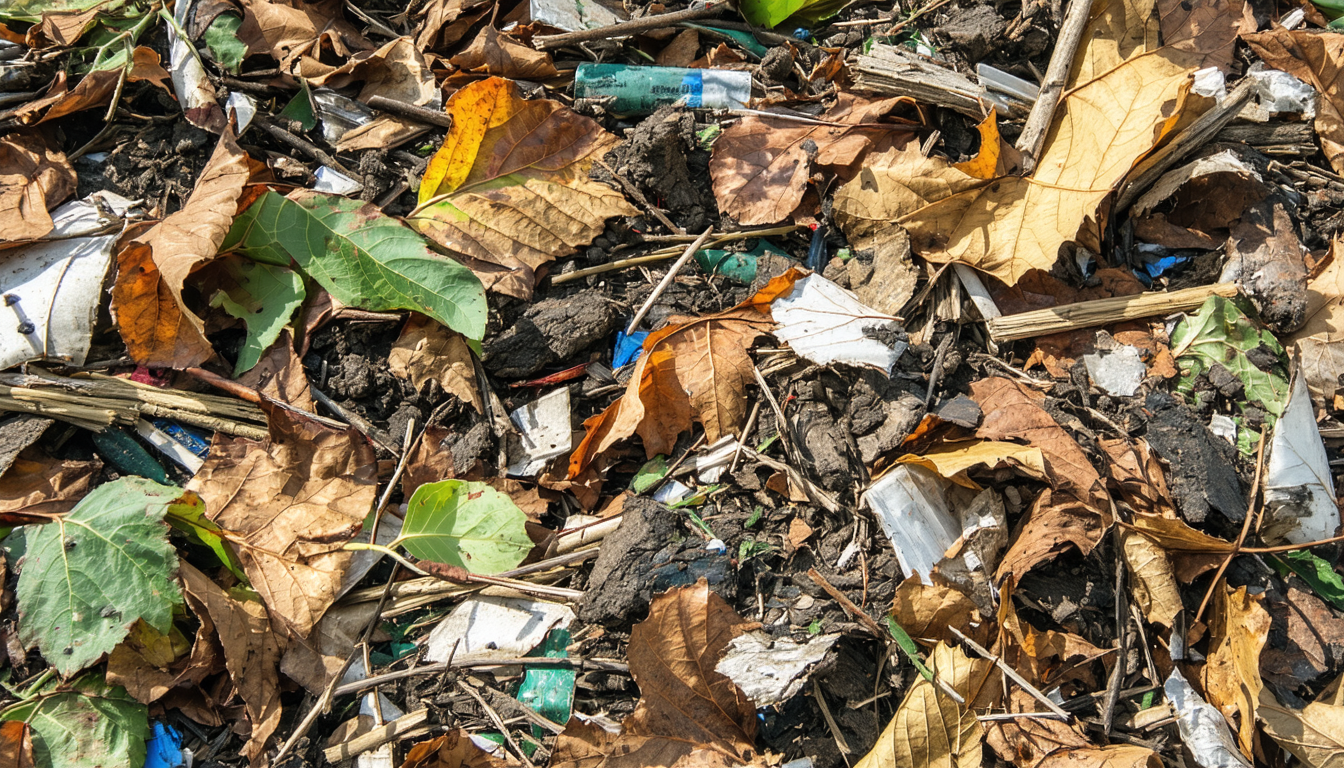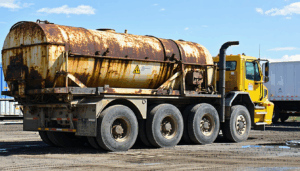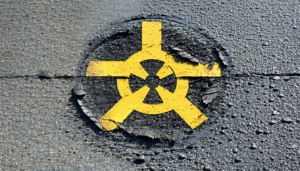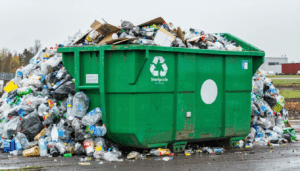In an era of growing environmental awareness, managing yard waste responsibly has become a priority for many American homeowners. Across the United States, communities are stepping up with free yard waste disposal programs to encourage sustainable practices and reduce landfill burdens. This article explores the latest developments in free yard waste disposal options, highlights key locations and services, and offers insights into how these initiatives benefit both residents and the environment. From municipal drop-off sites to seasonal collection events, here’s everything you need to know about finding “free yard waste disposal near me.”
What Is Free Yard Waste Disposal?
Yard waste, including grass clippings, leaves, branches, and other organic debris, can pile up quickly during landscaping or seasonal cleanups. Many U.S. cities and counties offer free disposal programs to help residents manage this waste without incurring extra costs. These services often include designated drop-off locations, curbside pickups, or community composting initiatives. The goal is to divert organic materials from landfills, where they can release harmful greenhouse gases, and instead repurpose them into mulch or compost.
Understanding these programs is essential for homeowners looking to maintain their properties sustainably. According to the Environmental Protection Agency (EPA), yard trimmings accounted for about 12% of municipal solid waste in 2020, with only half being recycled or composted. Free disposal options aim to bridge this gap.
Key Programs for Free Yard Waste Disposal Near Me
Finding accessible yard waste disposal options depends on your location, but several nationwide trends stand out. Many municipalities provide free services as part of their waste management systems. Here are some notable examples:
- Curbside Collection: Cities like Seattle, Washington, and Portland, Oregon, offer year-round or seasonal curbside pickup for yard waste at no additional cost to residents enrolled in city waste programs.
- Drop-Off Sites: In states like Minnesota and Wisconsin, counties often operate free drop-off centers for organic materials. For instance, Hennepin County in Minnesota reported over 50,000 tons of yard waste processed through such facilities in 2022.
- Community Events: Seasonal clean-up events in places like Austin, Texas, allow residents to dispose of yard debris for free during specific weekends each year.
To locate services near you, check your local government website or use tools like the EPA’s recycling locator. These resources often list updated schedules and eligibility criteria.
Why These Programs Matter
Free yard waste disposal initiatives have far-reaching benefits for communities and the environment. By diverting organic waste from landfills, cities reduce methane emissions—a potent greenhouse gas produced during decomposition. Additionally, repurposing yard waste into compost or mulch supports local agriculture and landscaping projects.
For residents, these programs save money on private disposal fees, which can range from $20 to $50 per load depending on the region. “Access to free disposal options encourages proper waste management and fosters a culture of sustainability,” says Dr. Emily Carter, an environmental scientist at the University of California. Her research highlights how such programs can cut household waste management costs by up to 15% annually.
Impact on Local Communities
These initiatives also strengthen community ties by promoting shared responsibility for environmental care. In smaller towns, free disposal events often double as educational outreach, teaching residents about composting techniques. However, challenges remain—limited funding or staffing can restrict program availability in rural areas compared to urban centers.
Stakeholders like local governments and waste management companies must balance costs with public demand. Some critics argue that expanding these services could strain municipal budgets. On the other hand, advocates emphasize long-term savings from reduced landfill use and improved soil health through composting.
Future Outlook for Yard Waste Management
Looking ahead, experts predict a rise in innovative solutions for yard waste management. Mobile apps connecting residents to nearby drop-off points are gaining traction in tech-savvy regions. Additionally, federal grants under the 2021 Infrastructure Investment and Jobs Act may fund more local recycling programs over the next decade.
The push for sustainability will likely drive policy changes too. States like California already mandate organic waste recycling under laws like SB 1383, setting a precedent others might follow. As Dr. Carter notes, “The future of yard waste disposal lies in integrating technology with policy to make sustainable choices effortless.”
Conclusion
Free yard waste disposal near me is more than a convenience—it’s a vital step toward a greener future. From curbside collections to community drop-off sites, U.S. residents have growing access to cost-free options that benefit both their wallets and the planet. As programs expand with technological and legislative support, staying informed about local services remains key. By participating in these initiatives, homeowners can play a direct role in reducing landfill waste while supporting sustainable community practices.
Frequently Asked Questions (FAQs)
1. How do I find free yard waste disposal near me?
Check your city or county’s official website for details on drop-off locations or pickup schedules. Tools like the EPA’s recycling locator can also help identify nearby options.
2. What qualifies as yard waste?
Yard waste typically includes leaves, grass clippings, branches, and other organic debris from landscaping. Items like plastic bags or treated wood are usually excluded.
3. Are there limits to free disposal services?
Yes, many programs have restrictions on volume or types of materials accepted. Contact your local waste management office for specific guidelines.
4. Can I compost yard waste at home instead?
Absolutely. Home composting is a great alternative if free disposal isn’t available. Many cities offer guides or workshops to get started.




